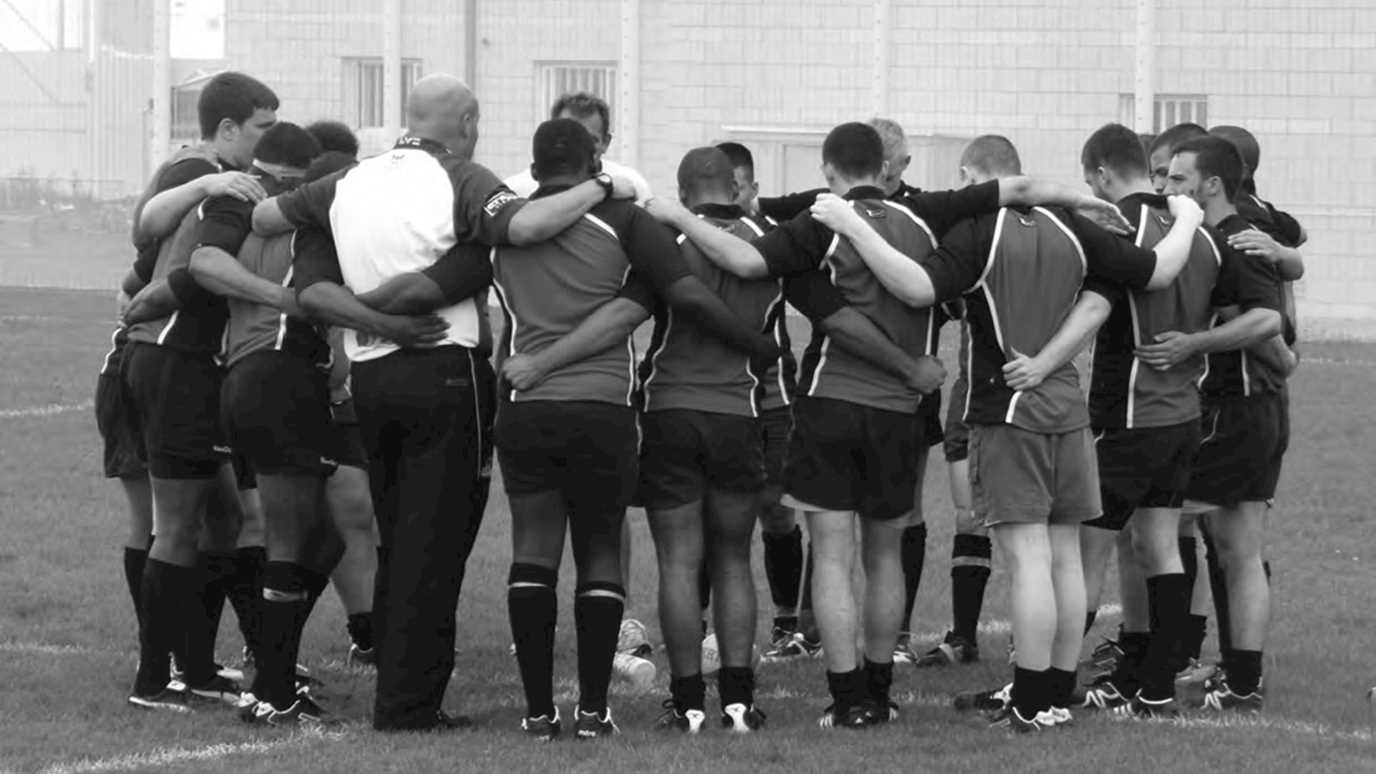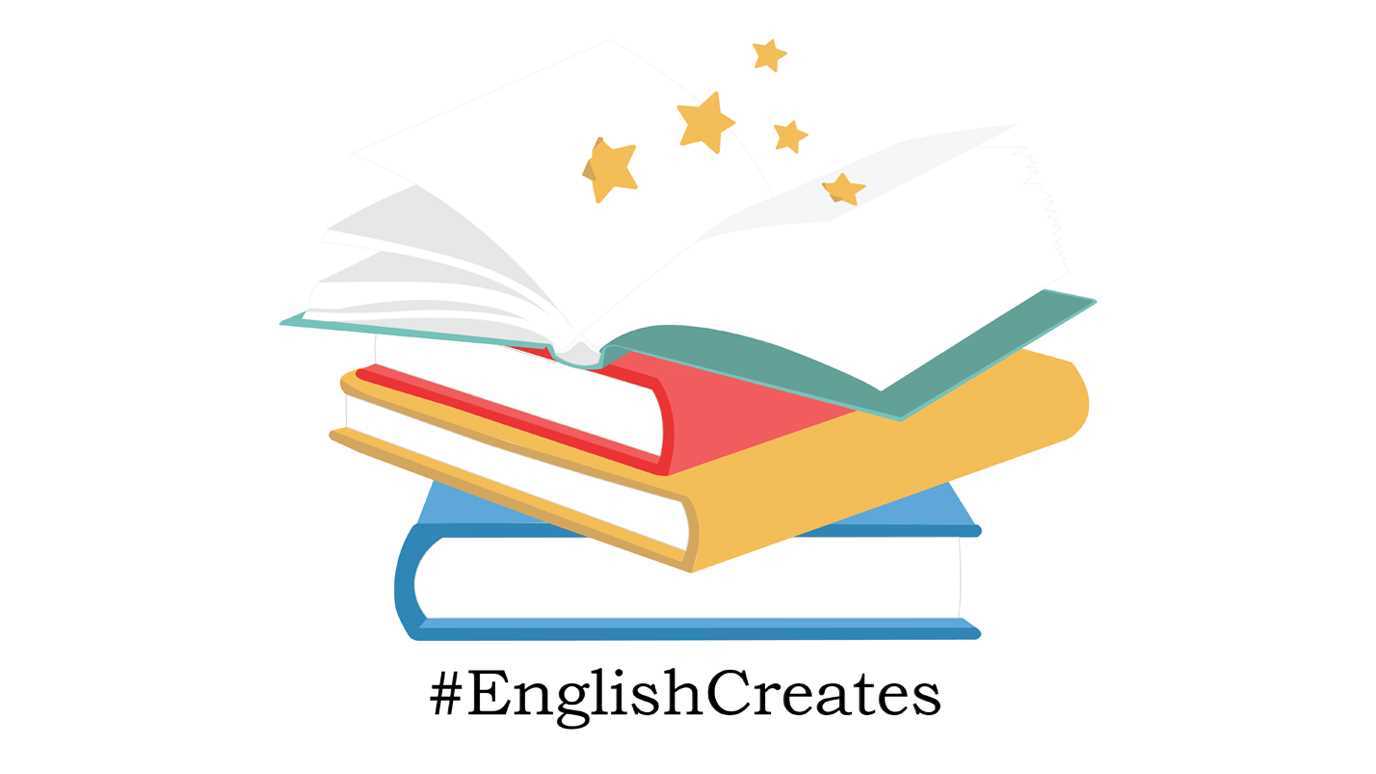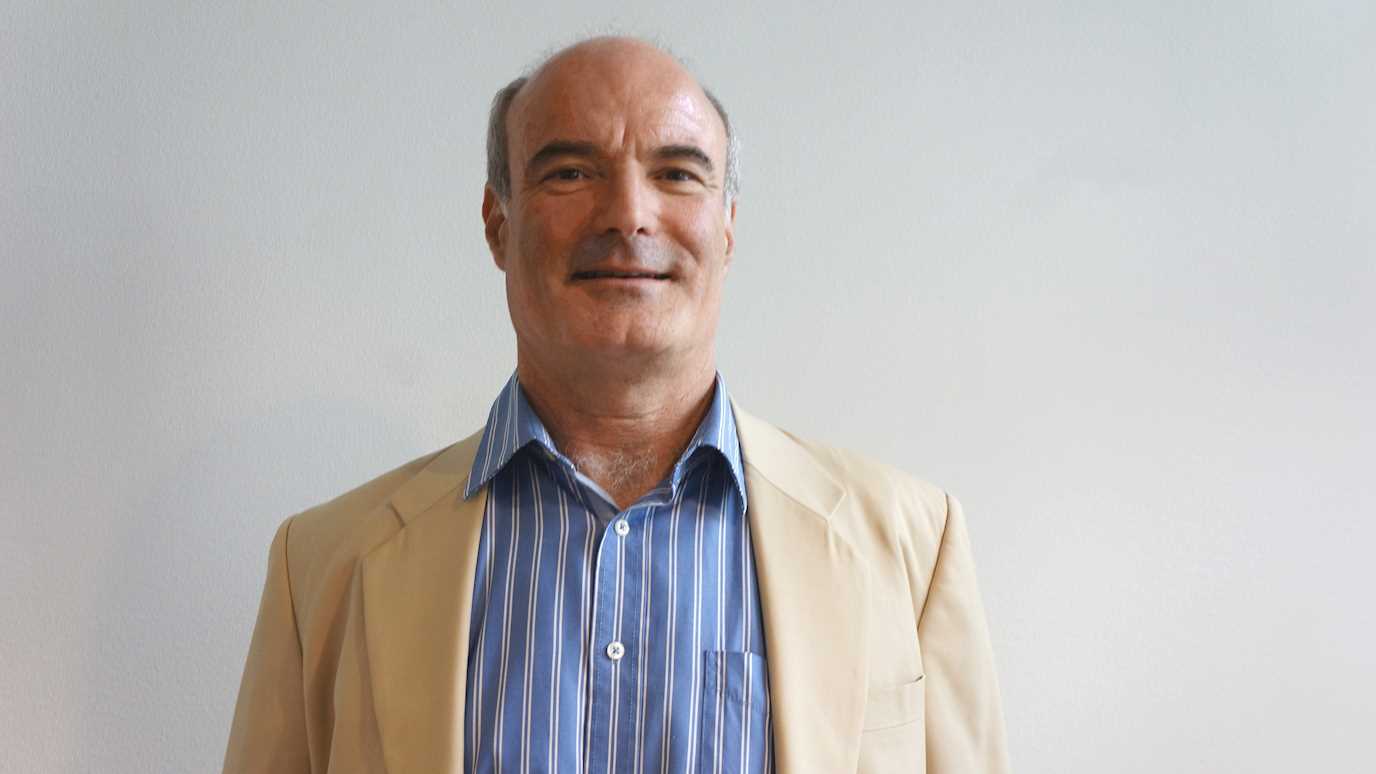A report by Professor Rosie Meek of the School of Law at Royal Holloway, University of London, has promoted the value of sport in helping rehabilitate people in prison.

HMP/YOI Portland Rugby Academy
The review, A Sporting Chance, was commissioned by the Ministry of Justice to identify best practice across the prison estate and highlights the vital role that sport can play in rehabilitation and reducing re-offending.
In addition to Professor Meek’s review, the Ministry of Justice has published its response which highlights the steps that will be taken to boost sporting provision in prison.
Many of the sporting programmes currently delivered help offenders to get vocational qualifications and provide them with tangible employment prospects on release.
The review highlights how engaging in structured programmes can help to teach offenders self-discipline, team work and leadership - crucial skills for a successful and crime-free life in the community.
Team sport was shown to improve mental and physical health, helping young people with often complex behavioural issues to change their attitudes and lifestyles.
Professor Meek said: “I am delighted to have carried out this review and am pleased to have the backing of the Ministry of Justice for this important work.
“I strongly believe that sport can be a powerful tool in reducing reoffending and improving the lives of people in custody, which is why I was so pleased be asked to carry out this review.
“There is already evidence that sport can have a positive impact on people in custody and I hope that the recommendations outlined in the review will help to improve the lives of people in our justice system.”
Justice Minister Edward Argar said: “I’m grateful to Professor Meek for her important work on this review, and to my predecessor for commissioning it.
“This review rightly highlights that sport can help to reduce violence, improve wellbeing and have a positive impact on rehabilitation. I want sport and physical activity to be a key part of life custody and I welcome the findings of this review.
“During my visits across the youth estate, I have been inspired by the passion and dedication of staff, and of the external organisations we partner with, already delivering sports programmes and helping to change the lives of young people.
“We know that sport on its own does not provide all the answers, but it is a central pillar for helping young offenders to build skills which will ultimately reducing reoffending and help them to turn their backs on crime for good.”
Recommendations in the report include:
- Prisons should devise an integrated physical activity and wellbeing strategy
- The MoJ should develop a physical activity strategy for women and girls in prison.
- HM Prison and Probation Service should create and implement a dedicated physical activity monitoring and evaluation strategy
- Sport provision needs to be responsive to individual needs, with a focus on health, wellbeing and rehabilitation at the heart of practice
The sports review was carried out by leading academic Professor Meek, in partnership with the National Alliance of Sport and Clinks, who support voluntary organisations that work with offenders and their families.
























